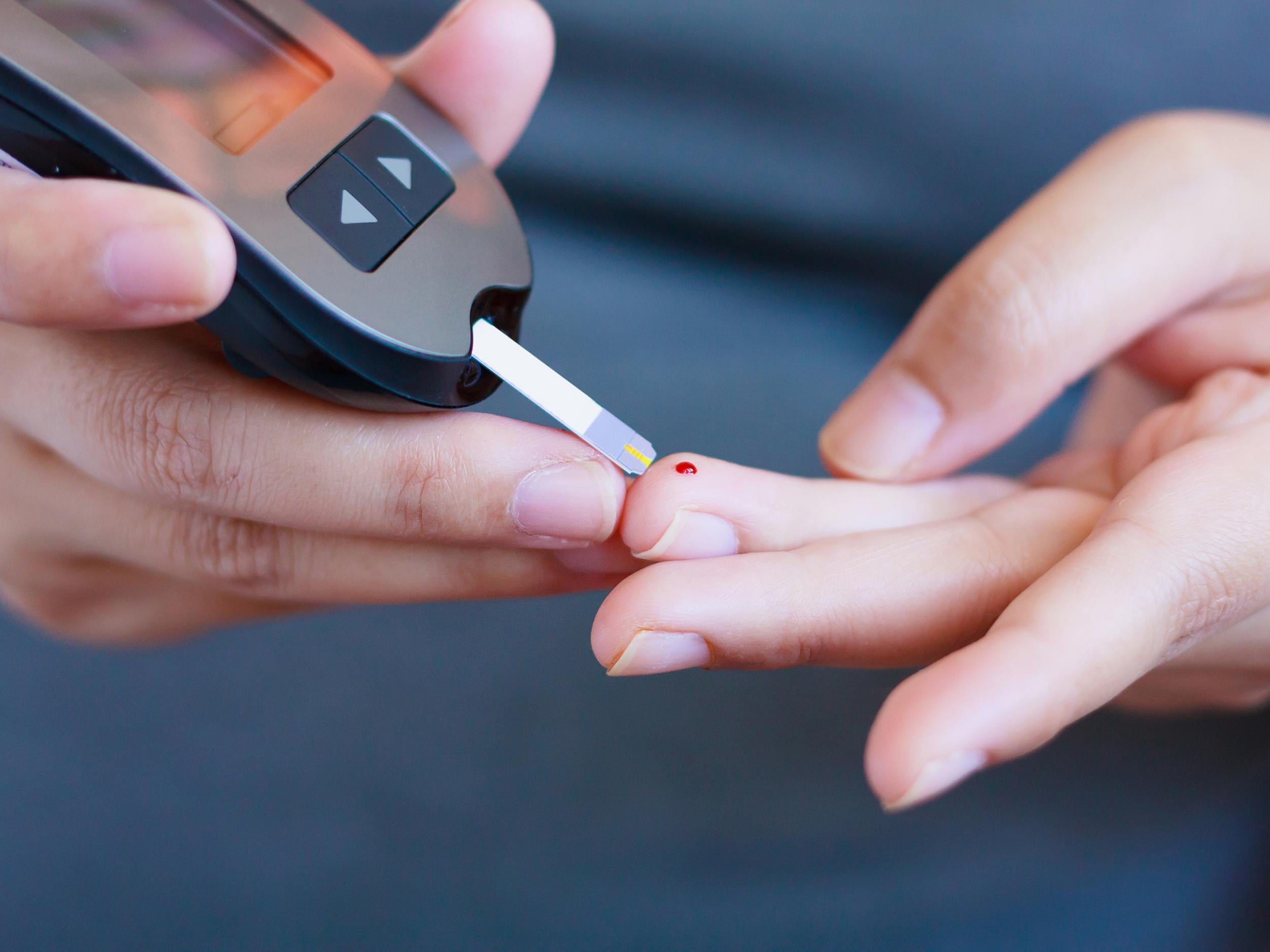Health news in brief: Skipping breakfast may increase stroke and heart risks
And a roundup of other stories from around the world

Your support helps us to tell the story
From reproductive rights to climate change to Big Tech, The Independent is on the ground when the story is developing. Whether it's investigating the financials of Elon Musk's pro-Trump PAC or producing our latest documentary, 'The A Word', which shines a light on the American women fighting for reproductive rights, we know how important it is to parse out the facts from the messaging.
At such a critical moment in US history, we need reporters on the ground. Your donation allows us to keep sending journalists to speak to both sides of the story.
The Independent is trusted by Americans across the entire political spectrum. And unlike many other quality news outlets, we choose not to lock Americans out of our reporting and analysis with paywalls. We believe quality journalism should be available to everyone, paid for by those who can afford it.
Your support makes all the difference.Skipping breakfast might increase your risk of developing cardiovascular disease.
The connection, found in a study of 6,550 adults aged 65-75, was particularly strong for strokes.
Almost 60 per cent of the participants had breakfast every day, a quarter on some days, and 16 per cent rarely or never. All were free of heart disease at the start of the study. Over an average 17 years of follow-up, there were 2,318 deaths, including 619 from cardiovascular diseases.
People who never ate breakfast were more likely to be obese and have high cholesterol, but the observational study, in the Journal of the American College of Cardiology, controlled for these and many other health, behavioural and socioeconomic factors.
Compared with those who had breakfast every day, those who skipped the meal had an 87 per cent increased risk of death from any cardiovascular disease and a 19 per cent increased risk of death overall. Breakfast skippers had a 59 per cent increased risk of developing heart disease, and more than triple the risk of having a stroke.
“Many studies have shown that skipping breakfast is related to a higher risk of diabetes, hypertension and high cholesterol,” said lead author Dr Wei Bao, assistant professor of epidemiology at the University of Iowa. “Our study suggests that eating breakfast could be a simple way to promote cardiovascular health.
Prostate drugs may raise diabetes risk
Two commonly used drugs for treating an enlarged prostate could increase the risk of Type 2 diabetes.
Benign prostatic hypertrophy (BPH), could cause difficulty in urinating or increased frequency and urgency of urination. A study published in The BMJ examined the use of two similar drugs often prescribed for the condition, finasteride (Proscar) and dutasteride (Avodart), in 39,000 men. As controls, the 11-year study used 16,000 men taking tamsulosin (Flomax), a different drug used for BPH.
Compared with those using Flomax, men using Avodart had a 32 per cent increased risk of developing diabetes, and those using Proscar a 26 per cent increased risk. The study carefully controlled for body mass index, other drug use, smoking, alcohol consumption, hypertension and other health and behavioural characteristics.

The study’s lead author Li Wei, an associate professor at University College London’s School of Pharmacy, said that the risk is modest – an extra 16 cases for every 1,000 men treated over 10 years – but nevertheless significant as a public health matter.
“We don’t want anyone to suddenly change their drug,” she said. “But you need to discuss it with a physician, especially if you are already at high risk for diabetes. You have to look at the overall picture of your condition in order to make a decision” about the best course of treatment.
Stress tied to heart disease, especially for under 50s
Stress could increase the risk of heart disease, especially in younger people.
Researchers writing The BMJ used data from Sweden of 136,637 people diagnosed with stress-related disorders, including post-traumatic stress disorder, acute stress reaction and others. They compared them with 171,314 unaffected siblings, and with 1,366,370 people in the general population without a stress disorder diagnosis. They tracked their health for up to 27 years.

After controlling for physical and mental health history, age, sex, income and other factors, they found that a person with a stress disorder was 29 per cent more likely to develop cardiovascular disease than a sibling without a stress disorder, and 37 per cent more likely than those in the general population. The risk was even greater in the first year after the diagnosis – 64 per cent higher than a sibling, and 71 per cent higher than the general population.
The association between stress and cardiovascular disease was especially strong for people younger than 50.
“Our study included only people with a diagnosed stress disorder,” said lead author Huan Song, a postdoctoral researcher at the University of Iceland. “But people with depression and anxiety are also at higher risk of cardiovascular disease. In fact, anyone with stress is at higher risk, but here we focused on people with acute stresses and severe psychiatric reactions to them.”
© New York Times
Join our commenting forum
Join thought-provoking conversations, follow other Independent readers and see their replies
Comments